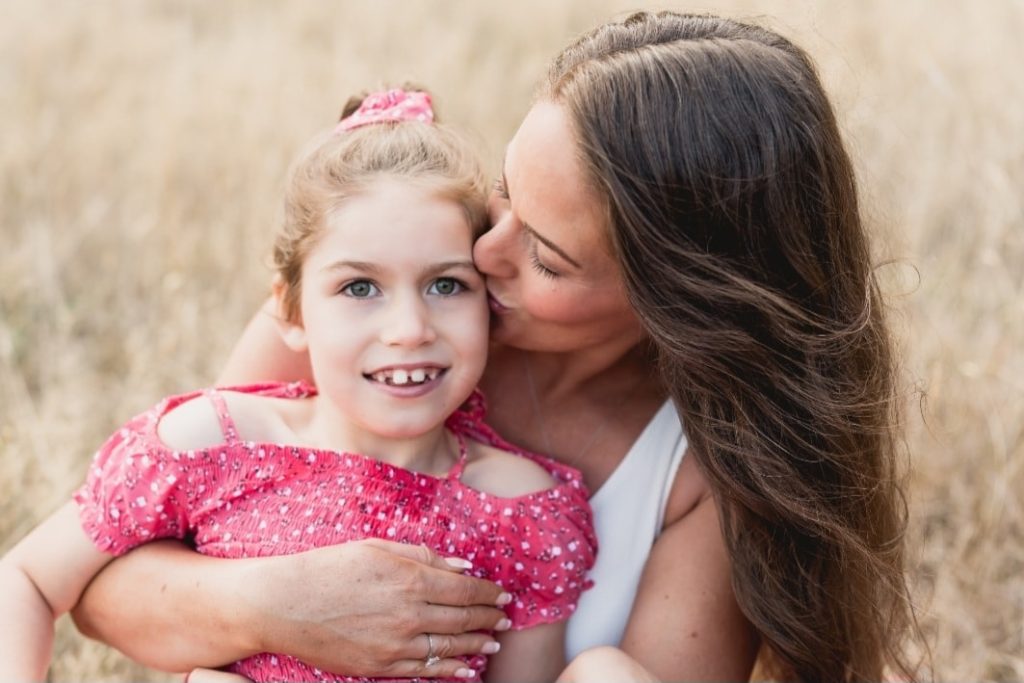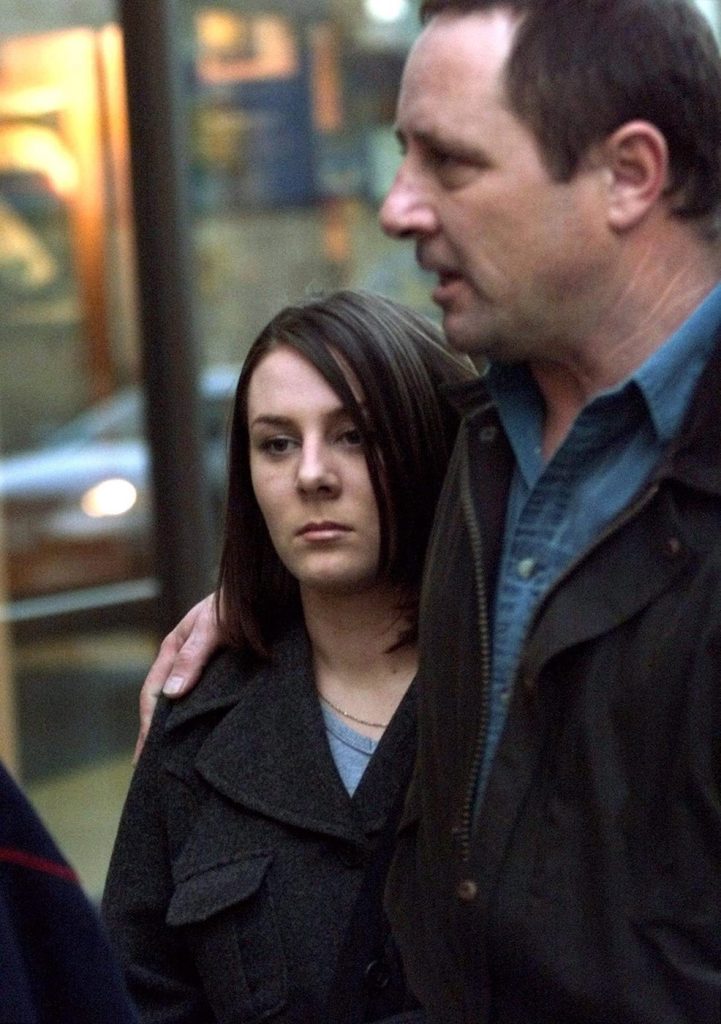More than a dozen U.S. doctors have written a joint letter to Premier David Eby and B.C. Health Minister Josie Osborne, urging them to reconsider the withdrawal of funding for a life-altering drug for a 10-year-old girl with a rare disease.
The clinical directors from two top research centres are taking issue with how the provincial government justified the decision to terminate treatment coverage for Charleigh Pollock.
In June, the Ministry of Health explained that it was discontinuing its coverage of Brineura, one of the only treatment methods for Ceroid Lipofuscinosis Type 2 (CLN2), otherwise known as Batten disease. While it is not a life-saving drug, it aims to slow the progression of the disease.
The ministry reaffirmed its decision last week, even after Osborne met with Charleigh’s parents and Batten disease patient advocates.
The letter, from clinical directors from the U.S. Batten Disease Clinical Centers of Excellence and Batten Disease Clinical Research Consortium, says it recognizes the “far-reaching impacts of the decision beyond” but is calling for a “compassionate, evidence-based approach.”
It claims that the analysis of the drug’s effect on motor-language skills was misappropriated and should not have been an endpoint in decision-making.
“It is therefore essential to look beyond narrowly defined motor and language functions to assess efficacy,” the letter says.
Related:
The experts add that the Canadian Agency for Drugs and Technologies in Health (CADTH) has outlined guidance that decisions to stop treatment should be made in the context of the patients’ symptoms, the family’s goals, and their physician’s judgement.
“Integrating all of this requires patient-centered dialogue, grounded in up-to-date science and medical practice.”
The doctors and bioethicists invited Osborne to discuss further.
When asked about Charleigh on Thursday, Eby said he and Osborne received the letter, which he described as “weighty.”
“I take it seriously. I know the minister does as well. She’s taking it to the committee, and she’ll have more to say about it tomorrow.”
Eby says he sees it as “beautiful and inspiring” that Charleigh’s case has garnered so much interest from British Columbians.
“That’s the kind of province this is, and that’s a really amazing thing to see, and I’m very grateful for that,” said Eby, restating his position that politicians shouldn’t be making decisions about medical care.
—With files from Charlie Carey and Srushti Gangdev




